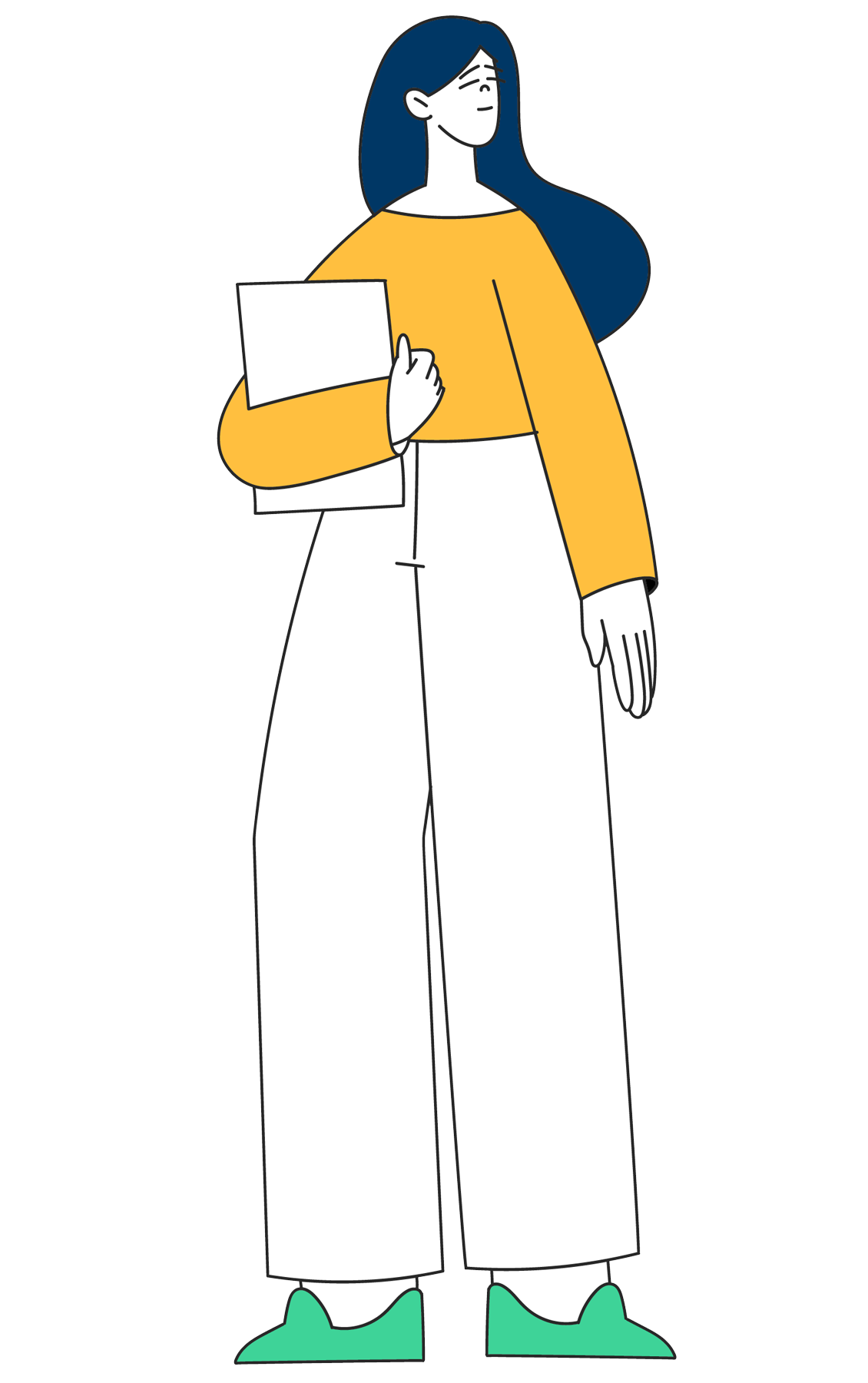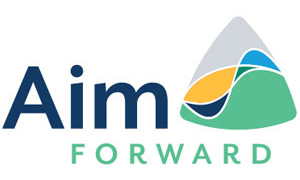Adult autism assessment: Hazel’s story
“I have been able to seize my strengths as a creative thinker and problem solver because I have more time and energy to refine my ideas and strategies.”
Hazel shares her adult autism assessment and diagnosis journey
I always felt like I was looking at life from a slightly different angle than everyone else. Other people made making friends look easy, but I found it difficult to connect. Conversations felt like being in a maze and it felt uncomfortable to maintain eye contact. Writing was my safe space, where I could explore my vast imagination. This led me to a career in social media brand management, but while it played to my strengths, it also exposed some of the areas I felt most vulnerable.
Challenges at work
I reached my late thirties feeling successful in my professional life, but with every new step forward I felt more anxious. My boss wanted me to take on the role of mentoring and training junior members of the team, which would involve a lot more face-to-face interaction. I was thrilled that he valued my skills, but the thought of navigating conversations, leading workshops and being so visible in physical spaces made me feel sick.
Adult autism assessment
I wanted help to figure out why I felt so different to many of my colleagues, so I went to my GP and was referred for an autism assessment. After waiting for two years, I had my assessment and was diagnosed with autism. This explained the challenges I faced daily, but I still didn’t know how to translate this new information into practices in my personal and professional life that would support me.
Getting support with Aim Forward
I found Aim Forward scrolling through LinkedIn and loved the idea of having a comprehensive assessment to help me explore workplace support options. I could start the conversation online, so I didn’t have to stress about making a phone call. Small details like that showed me that Aim Forward really understood and empathised with neurodiverse people.
Needs assessment with Aim Forward
During my needs assessment, my assessor instantly made me feel comfortable. She listened as I shared my experiences, what I worried about and what I wanted for the future. I felt like they really heard me and never judged. We explored potential solutions for me, focusing on the relationship between technology and interpersonal skills that were at the heart of my challenges.
Aim Forward introduced me to lots of assistive technologies that could help me transition into more face-to-face interactions in my role, like speech-to-text software helps me to express my thoughts more clearly, and apps that help manage social cues and conversation dynamics. Beyond software, my needs assessor became my coach and I started coaching focused on interpersonal skills. The sessions were a safe space to practice conversations, explore nonverbal cues, and develop strategies to manage the anxieties that had held me back for so long. I still find people confusing, but coaching has made me feel much more confident managing social interactions.
The impact of working with Aim Forward
Working with Aim Forward has created a positive shift across my whole life, both at work and in personal relationships. I’m not quite the life and soul of the party, but I no longer panic when I’m faced with small talk. I’m more confident in conversations and I now enjoy leading workshops, sharing my knowledge, connecting with junior team members and inspiring others.
I’m about to take on my first full leadership role, and I don’t think I could have done it without the support of Aim Forward. They helped me break through barriers that had held me back from social growth for years, and I’m now taking steps in a direction I never thought would be possible only a few years ago.

